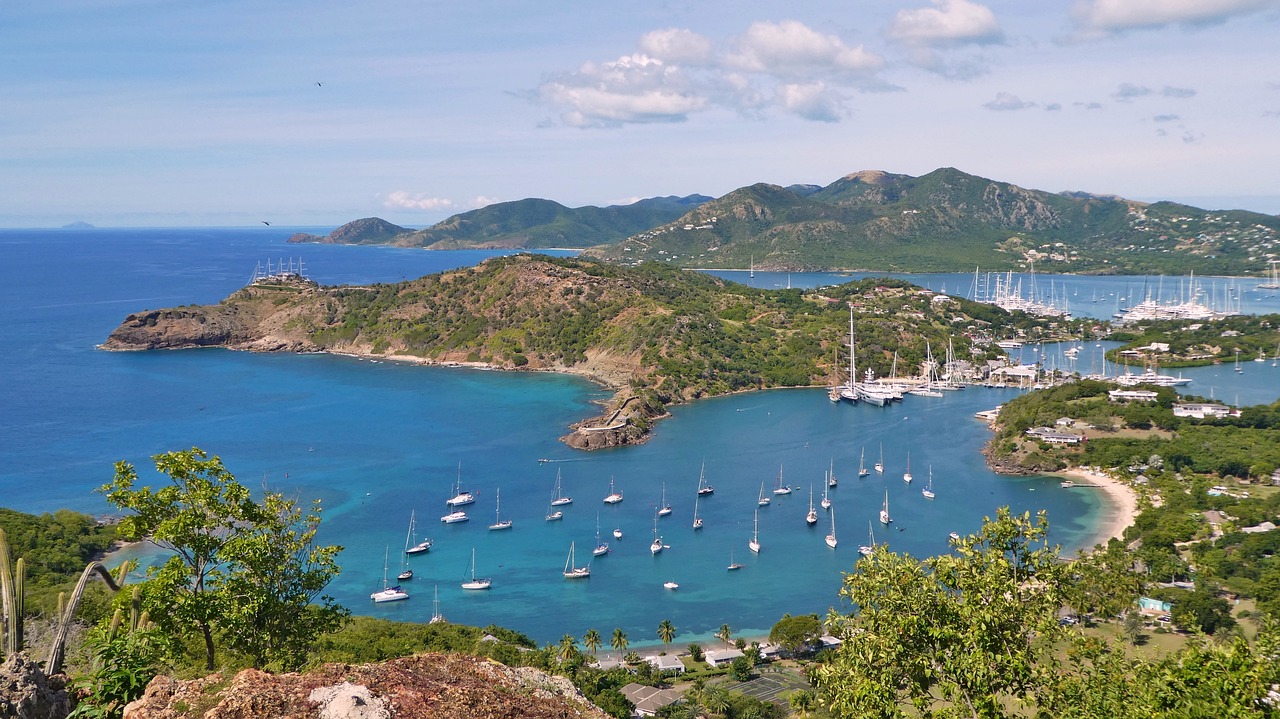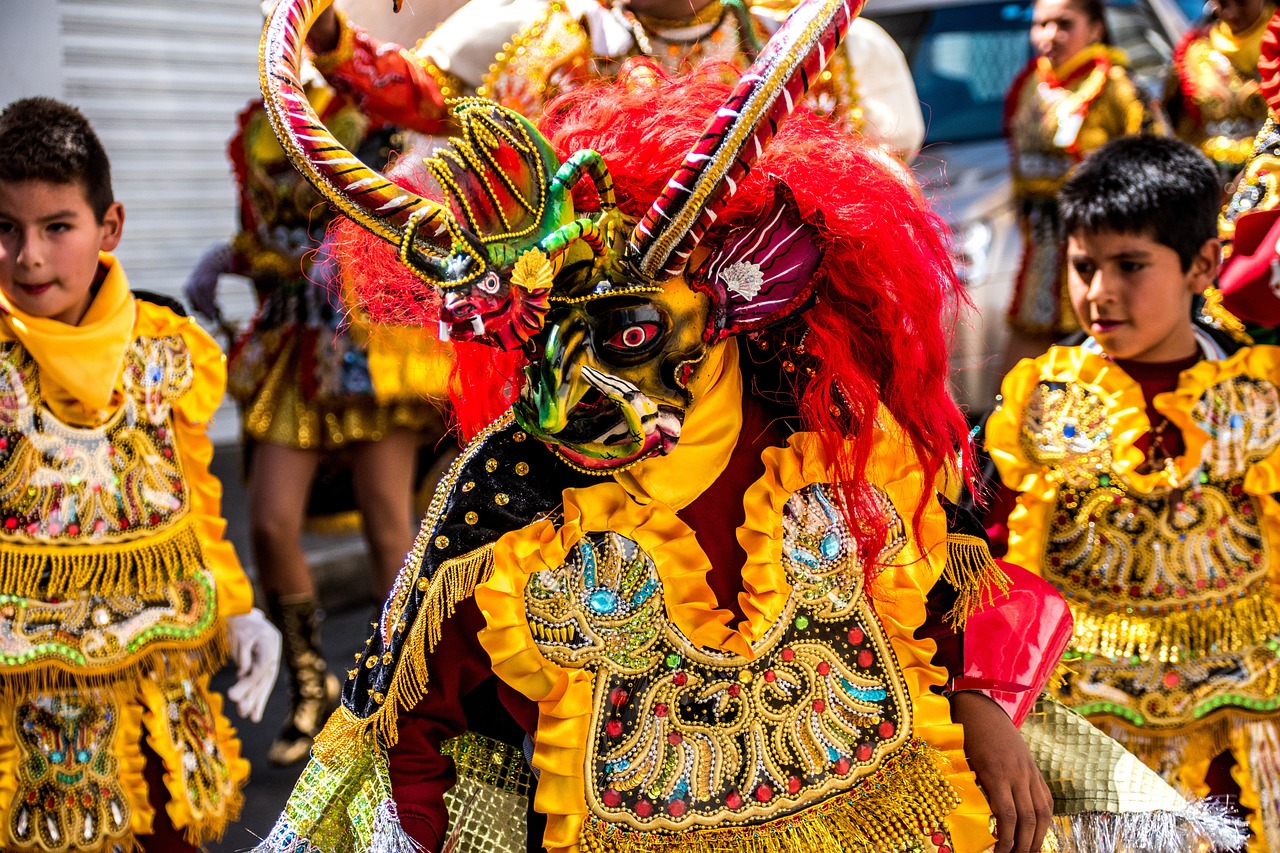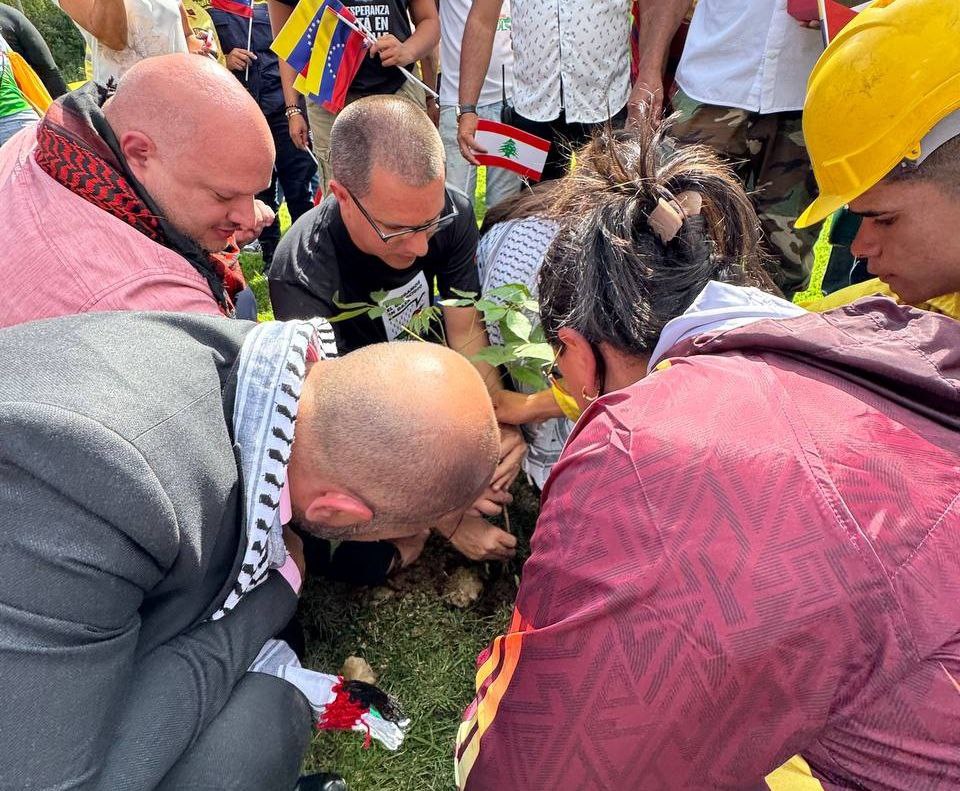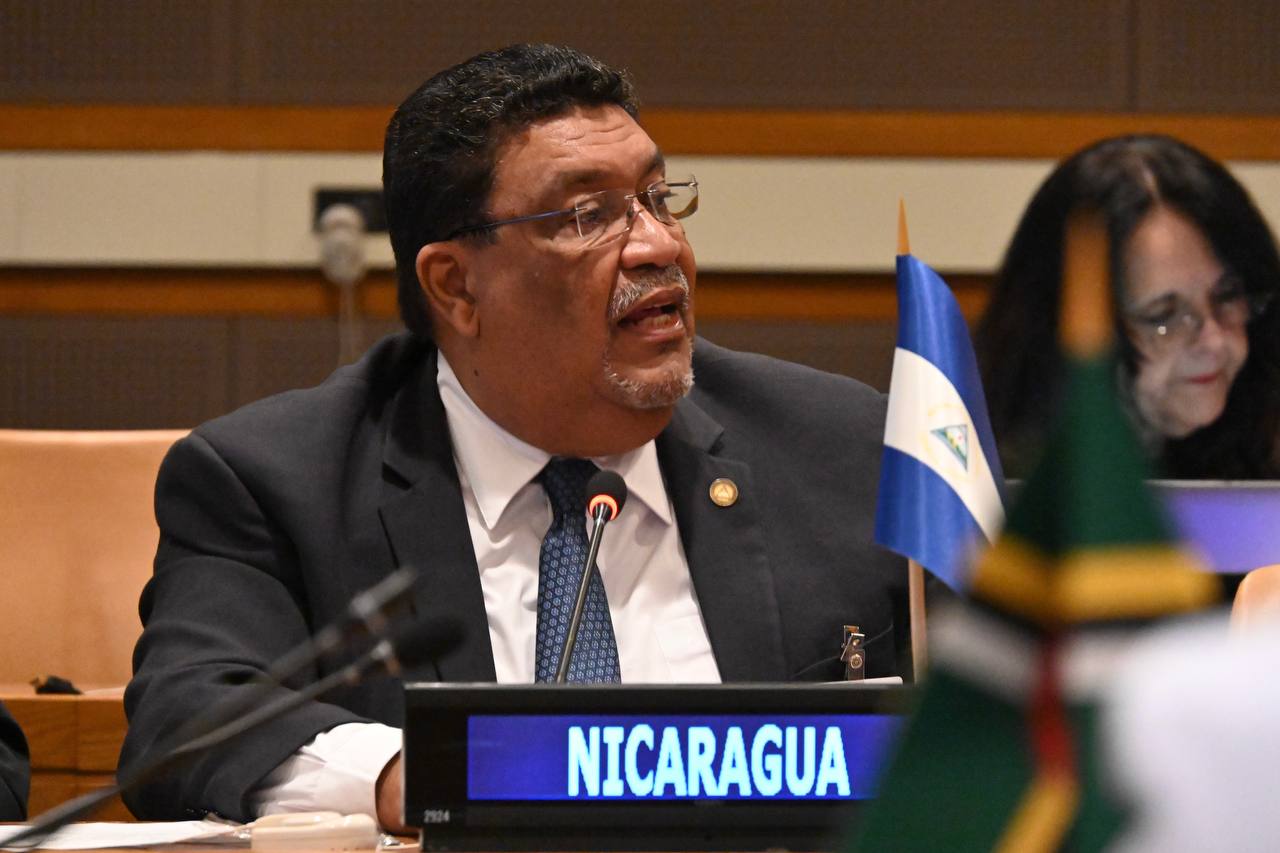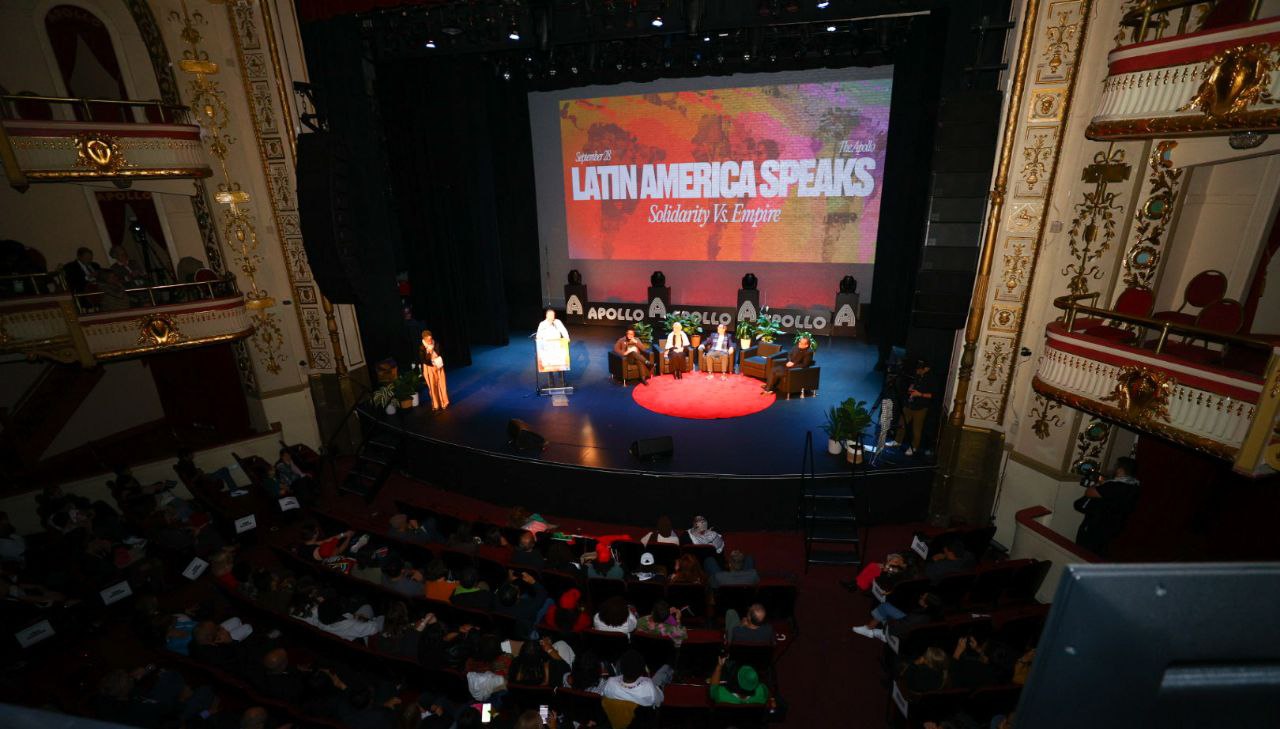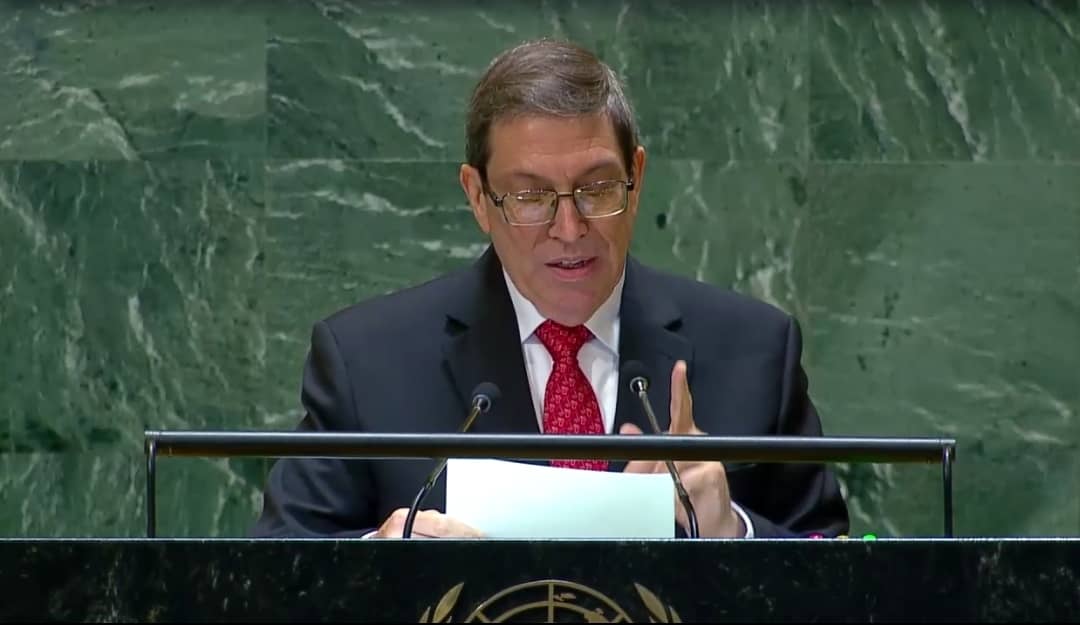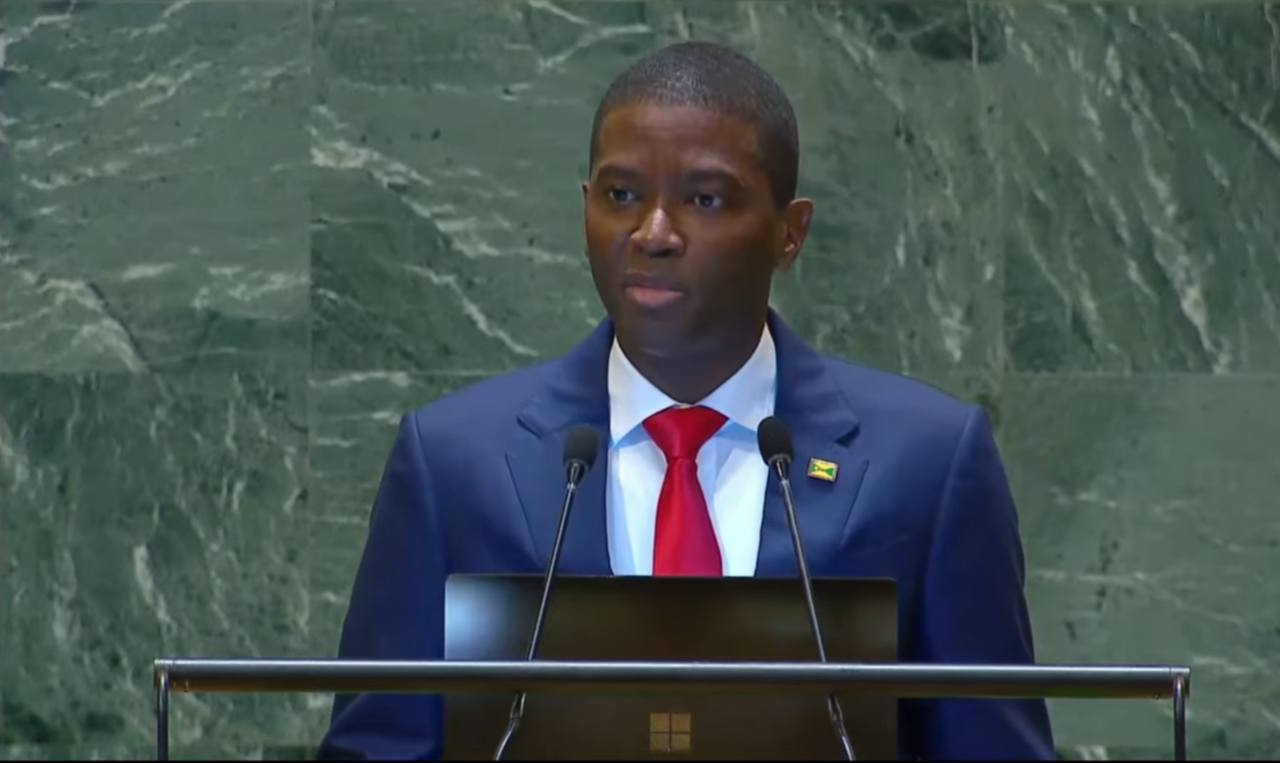Located at the crossroads of the Atlantic and the Caribbean, Antigua and Barbuda is a proud member of the Bolivarian Alliance for the Peoples of Our America-People’s Trade Treaty (ALBA-TCP), renowned for its stunning beaches, beautiful reefs, and top-tier tourist destinations.
The nation joined the Alliance on June 24, 2009, as recorded in the regional bloc’s official documents. At the time, Winston Baldwin Spencer, then Prime Minister of Antigua and Barbuda, led the country’s accession to ALBA.
“By making the decision to become an active member of ALBA, Antigua and Barbuda is asserting the fundamental right of a sovereign nation to establish cooperative relationships based on mutual respect,” Spencer stated.
Tourism as the economic hub
Antigua and Barbuda is located along the outer edge of the Leeward Islands in the West Indies, comprising the islands of Antigua (where the capital, Saint John, is located), Barbuda, and the uninhabited Redonda.
Tourism is the cornerstone of the country’s economy, accounting for more than half of the Gross Domestic Product (GDP), according to figures published by the Association of Caribbean States (ACS).
Following tourism are the construction sector, representing 18% of GDP, while agriculture and manufacturing contribute 3% and 2%, respectively.
Antigua and Barbuda also stands out for the production of goods such as sugar, coffee, tobacco, cocoa, and ferronickel.
Saint John, located in Antigua’s port, captivates visitors with its vibrant 19th-century houses painted in bright colors.
Founded in the 18th century, the capital is now home to over a third of the island’s population and is a favorite destination for cruise ships.
The nation’s history can be explored at the Museum of Antigua and Barbuda. Its fascinating collection includes a wide array of artifacts, models of sugar plantations, and a life-size recreation of an Arawak house.
The old town is located in English Harbour, which encompasses much of the Nelson’s Dockyard National Park. This area boasts many points of interest, such as Clarence House.
Shirley Heights is another popular attraction, featuring multimedia presentations that narrate Antigua’s journey from settlement to independence.
15 years with ALBA
Under Prime Minister Gaston Browne, Antigua and Barbuda remains a steadfast member of ALBA-TCP, promoting cooperation, integration, and peace in the region.
As a member of the Alliance, the smallest of the Antilles has celebrated 15 years within this regional bloc, founded in 2004 by Commanders Hugo Chávez and Fidel Castro.
Antigua and Barbuda has also signed the 2030 Strategic Agenda of ALBA-TCP, approved in Caracas, Venezuela, during the XXIII Assembly of the Alliance in April 2024, reaffirming its continued commitment to and cooperation within the international bloc.
